Elon Musk put the probability that Artificial Superintelligence will end humanity at 20%. Superintelligence promises to change everything from politics, to health, from consciousness to what it means to be human. Narain Batra here argues that Artificial Superintelligence is now inevitable. We must learn to harness it, before it’s too late.
Every society has a set of core values which give it a unique form and shape, a distinctive character. For example, the First Amendment has given American society the character of openness – an environment of randomness, a large zone for error making and creative fearlessness, possibilities for chance discoveries – all of which has turned America into a nation of tinkerers and innovators. In this open dynamic system, a system in a constant state of equilibrium-disequilibrium, turbulence-harmony, there’s no endgame or finality. Out of this open dynamic system arose the Internet, social media, artificial intelligence, and now generative AI, said to be the most transformative technology that would eventually lead to the development of artificial general intelligence, or AGI – a form of superintelligence surpassing human intelligence, simultaneously feeding widespread exuberance and catastrophic fears that it might lead to the end of humanity.
___
The rise of AGI, singularity, or superintelligence is inevitable
___
An open dynamic system based on freedom reinforced with a competitive marketplace and a magnet for global talent, such as the United States and Europe, should respond to the challenge of generative AI and its subsequent evolutionary forms by incorporating it into its fabric, its core values, its own DNA. As with previous technologies of freedom such as the printing press, the Internet and social media, generative AI will enable more people to access advanced informational capabilities, empowering individuals and groups to be more creative and productive. By lowering the threshold of accessing knowledge through instant translation in myriad languages, generative AI will raise our intelligence and make societies more productive. By automating certain cognitive tasks, it can free up mental capacities for people to focus on higher-level thinking and decision-making. Generative AI might currently be domesticated in the form of services and assistants, but this won’t be the end state of the technology, and new models will emerge.
The rise of AGI, singularity, or superintelligence is inevitable because generative AI systems such as OpenAI, Anthropic and Gemini among others have the potential to evolve. This may happen through capability overhang, the ability of a Gen.AI model to uncover and develop more knowledge from its current knowledge bases; recursive self-improvement, the ability of a Gen.AI model to train itself by collecting data on its own and keep learning and improving; and multi-agent systems coordinating to create combinatorial innovations, emergent combinations of knowledge or tools that provide new capabilities.
Through the establishment of dynamic guardrails and alignment with human ethical values, superintelligence under human control can solve complex problems that are currently beyond human comprehension – for example, predicting the lifespan of a pandemic, identifying the mechanisms of complex neurological dysfunctions, and coming up with solutions to hitherto intractable geopolitical problems. Just imagine: if we had superintelligence capabilities, it might have been possible to foresee and predict the rise and global spread of Covid-19. Superintelligence might have helped Israel to foresee the Hamas 7 October attack, which could have been preempted and saved thousands of innocent lives – or it might have given Israel an alternative route to eliminate Hamas instead of brutalizing the entire Palestinian people.







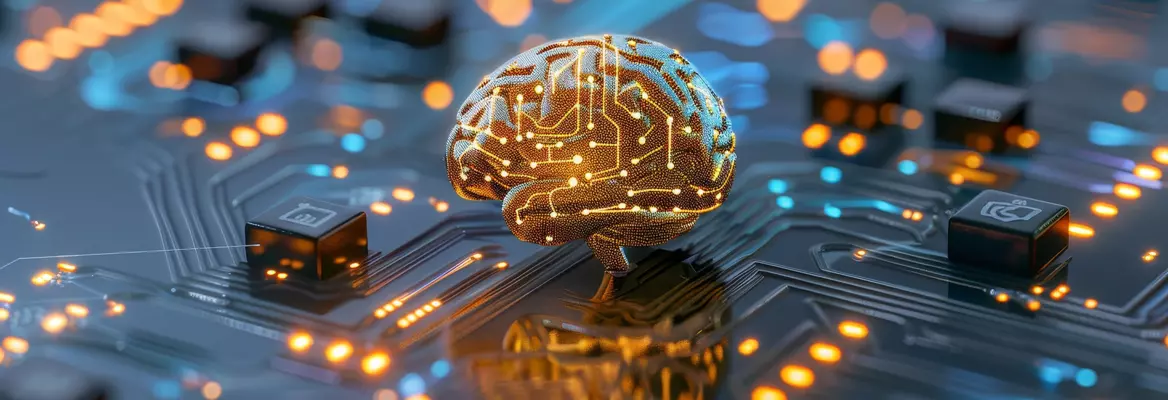


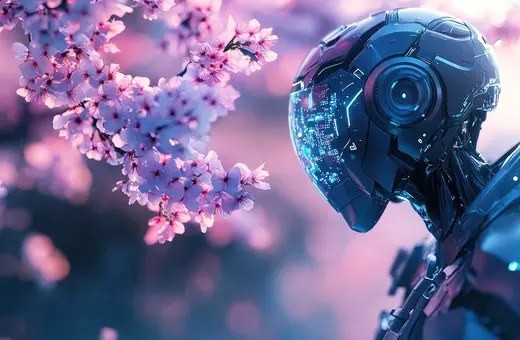
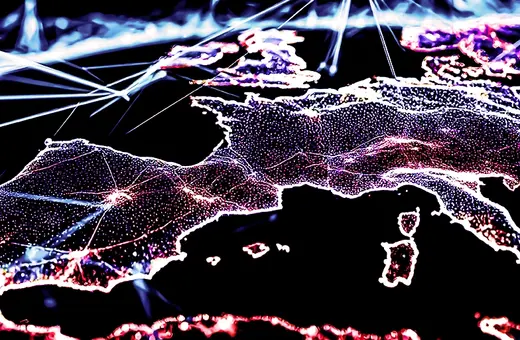

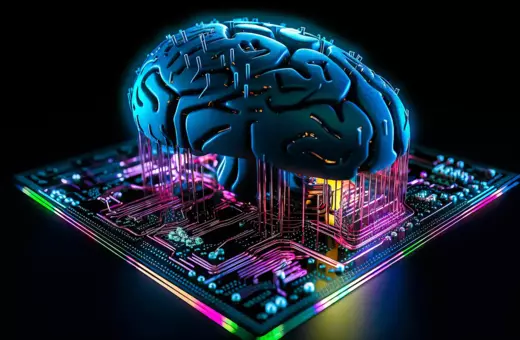



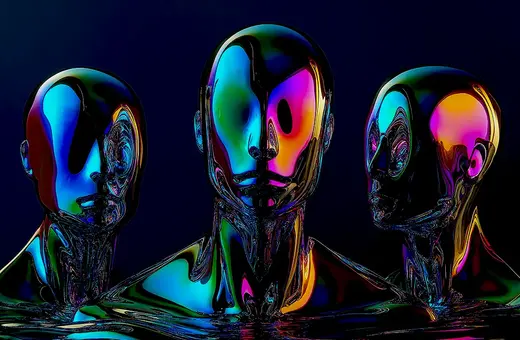



Join the conversation